
AI is rapidly becoming a core part of the travel experience
On July 29, Booking.com officially released the Global AI Sentiment Report based on a survey of more than 37,000 consumers in 33 markets, including Vietnam, to explore how people are using, their level of trust and their response to the use of AI in daily life and in the travel industry.
James Waters, Chief Business Officer at Booking.com, said: “Generative AI is one of the most important technological shifts of our time, reshaping the way consumers interact with the world around them. As it matures, it will not only change the way companies like Booking.com anticipate and meet the ever-changing needs of their customers, but also raise expectations for every experience. The opportunity ahead is enormous. Booking.com has long been a pioneer in AI, integrating advanced machine learning technologies to enhance the travel experience for customers at every touchpoint of their journey. However, as we enter the next phase of our evolution, our responsibility goes beyond technology. Building trust, ensuring transparency, and prioritizing safety will be key to helping travelers and the entire travel industry move into the future.”
As AI gains unprecedented traction and technology continues to evolve at breakneck speed, Booking.com has taken advantage of this wave to transform the way people search, book, and experience travel, moving closer to realizing its mission of making it easier for people to explore the world.
The report shows a mixed picture of consumer attitudes towards AI: 99% of Vietnamese consumers are excited about AI, 86% are familiar with the technology, and 99% want to apply AI in their future travel plans. While many people embrace the potential of AI, many individuals are still cautious in approaching this technology, showing that AI implementation needs to be done responsibly, balancing benefits and consumer trust. These new perspectives and viewpoints will help shape the future of AI in the tourism sector as well as many other sectors in Vietnam.

Consumer attitudes toward AI vary markedly across regions of the world
User adoption analysis
Booking.com’s latest research divides consumers into different groups based on their acceptance of AI: Nearly half (47%) of Vietnamese travelers are AI Enthusiasts , who are curious and excited about what AI can do, while 28% are AI Advocates , who believe in the benefits of AI and support responsible use of the technology. This optimism stems from the belief that AI will make life easier (83%), save time and effort (61%), increase learning opportunities (55%), and increase productivity (53%).
However, this excitement also goes hand in hand with considerable reservations and caution. Although 99% of Vietnamese respondents are excited about AI, 91% of them expressed at least one concern about the long-term consequences of this technology. Nearly 4% of survey participants identified themselves as AI Cautious, who are apprehensive about developing or using AI. 2% identified themselves as AI Skeptics , and 6% defined themselves as AI Detractors , indicating that a significant portion of them are not ready to embrace the use of AI.
Perspectives on AI through the lens of each region
Consumer attitudes toward AI vary significantly across regions. Latin America (LATAM) leads the world in positive attitudes and familiarity with AI, with 98% of respondents interested in AI and 89% understanding how the technology works. Next is the Asia-Pacific (APAC) region. Consumers in this region show the highest willingness to integrate AI into their daily lives – 41% use AI for transportation and 41% for education. In Vietnam, the figures are 59% for educational purposes and 48% for transportation, demonstrating a growing openness to AI applications that can address real-world user needs.
In contrast, North America (NORAM) and Europe & the Middle East (EME) emerged as regions that approach AI with greater skepticism, caution, and low trust. Users here also tend to double-check the information provided by AI, indicating a greater need for transparency and a sense of security as AI adoption becomes more widespread.
LATAM (Latin America) | APAC (Asia Pacific) | EME (Europe & Middle East) | NORAM (North America) | |
Survey respondents are excited about AI and the opportunities this technology brings | 98% | 95% | 86% | 81% |
Survey respondents' familiarity with AI and how AI works | 89% | 82% | 74% | 74% |
Survey respondents do not trust information generated by AI | 15% | 16% | 29% | 32% |
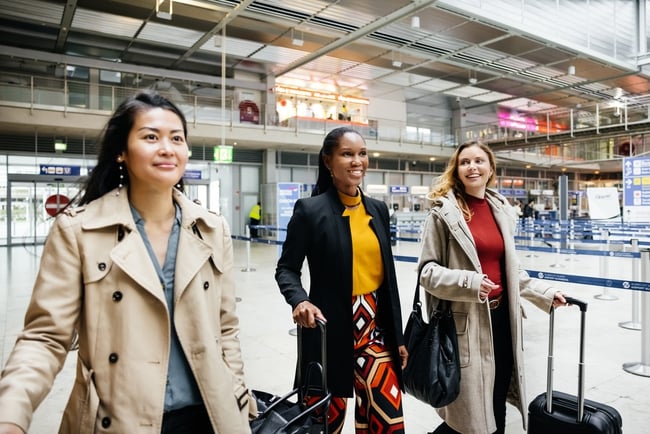
The greatest potential of AI today lies in positioning this technology as a support tool.
AI- assistant secretary, not completely autonomous decision maker
AI is becoming an integral part of Vietnamese travelers’ daily lives: 99% use AI-powered search engines, 92% use AI-powered content recommendations on online platforms, and 95% interact with generative AI tools. However, the lack of a human element makes many users skeptical, with 27% saying AI lacks personalization. Even when they trust this technology, most users still tend to double-check the information provided by AI: 41% say they always double-check information and 38% sometimes check. Only 11% of Vietnamese users say they completely trust AI.
This reluctance creates a clear dividing line: the majority of Vietnamese are not ready to hand over all decision-making power to AI. Only 22% are comfortable with AI making decisions on its own, while 21% are still hesitant, and 1% say they are very uncomfortable with this, refusing to trust AI when decisions lack human approval. The greatest potential of AI today lies in positioning this technology as a support tool, helping to enhance judgment and evaluation rather than completely replacing human appraisal.
AI and its increasingly important role in the tourism industry
AI is quickly becoming a core part of the travel experience, with 58% of Vietnamese travelers expecting automation in their trip planning to become more common in the near future. Travelers in Vietnam are increasingly trusting AI-enabled tools and are open to adopting this technology for a better travel experience.
The majority (88%) have used AI at some stage of their trip, and nearly all (99%) have used AI to plan or book services, or even while traveling.
When planning a trip, Vietnamese travelers often use AI to find information about the destination and the best time to visit it (48%), explore local experiences or cultural and traditional activities (42%), and find restaurant recommendations (41%).
AI assistants are emerging as a trusted source of information for planning (45%) and are perceived as more trustworthy than information shared by colleagues (25%) or influencers (21%).
When traveling, Vietnamese tourists often use AI tools for translation (56%), activity suggestions at the destination (51%), finding directions and means of transportation in unfamiliar places (51%) and finding restaurant recommendations (44%).
Returning home from a trip, users use AI the most for image editing needs - 46% of Vietnamese travelers said.
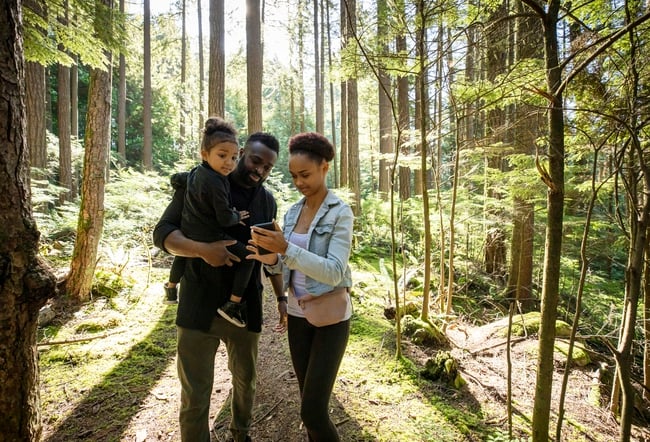
AI is expected to contribute to creating positive impacts on society.
In addition to making travel easier and more efficient, AI is also expected to contribute to creating a positive impact on society - this is also a benefit of AI that has been recognized by 80% of Vietnamese travelers. The majority of users (79%) appreciate AI suggestions that help them avoid crowded destinations or rush hours. Vietnamese travelers are also increasingly concerned about the impact of their trips on the local community, with 76% wanting AI to prioritize recommending experiences that have a positive impact on the local area they visit.
Source: https://bvhttdl.gov.vn/du-khach-viet-mong-muon-ai-uu-tien-gioi-thieu-trai-nghiem-mang-lai-anh-huong-tich-cuc-20250729161255393.htm


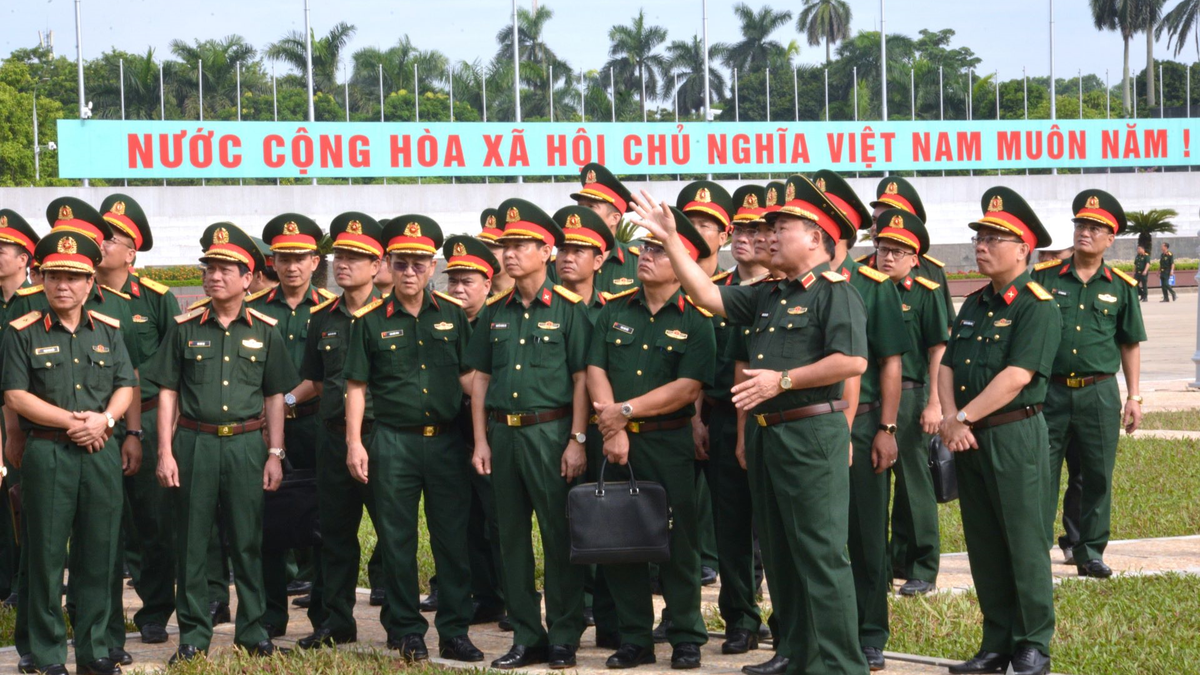
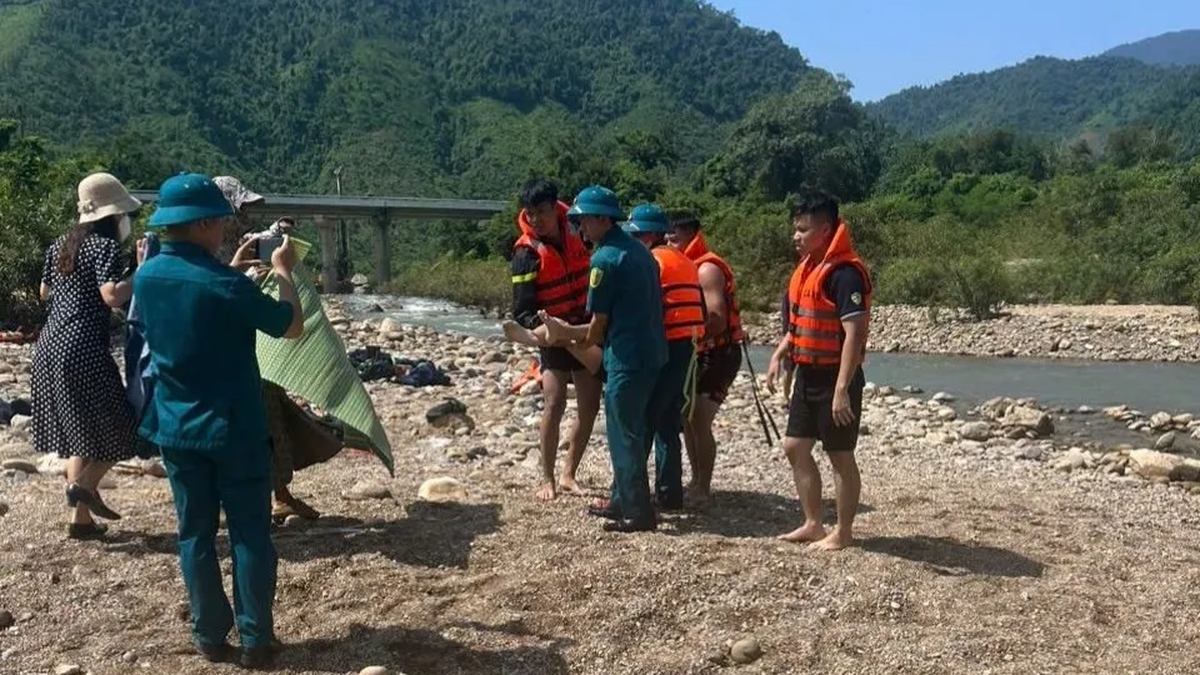
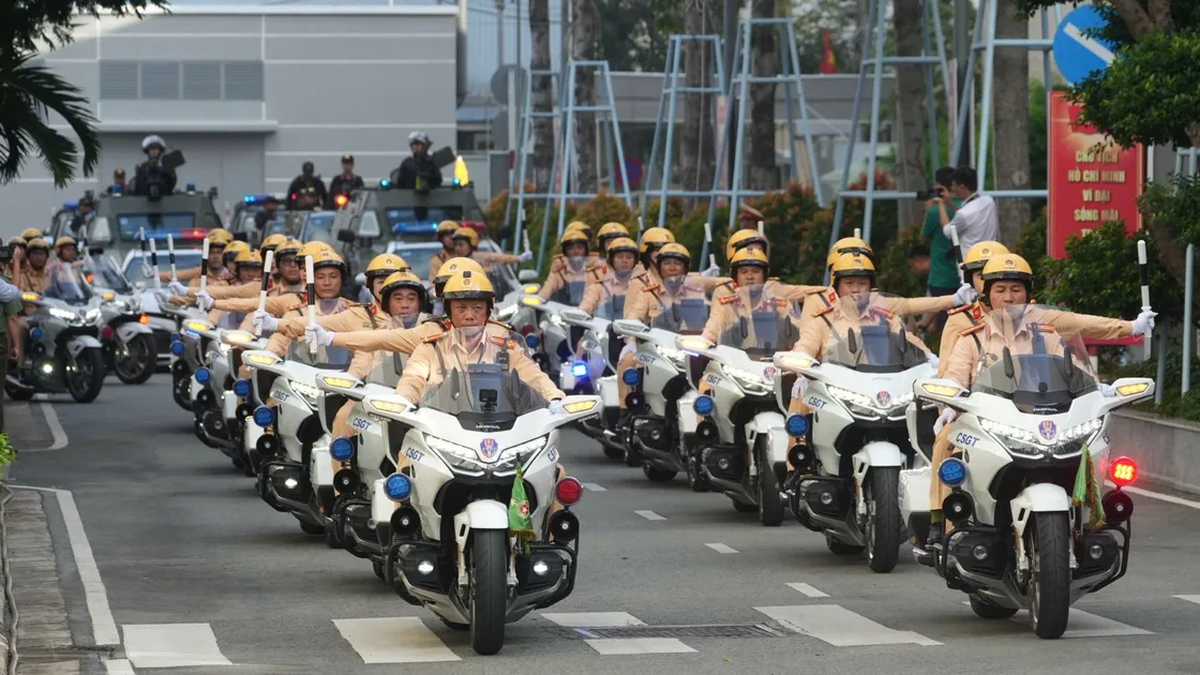
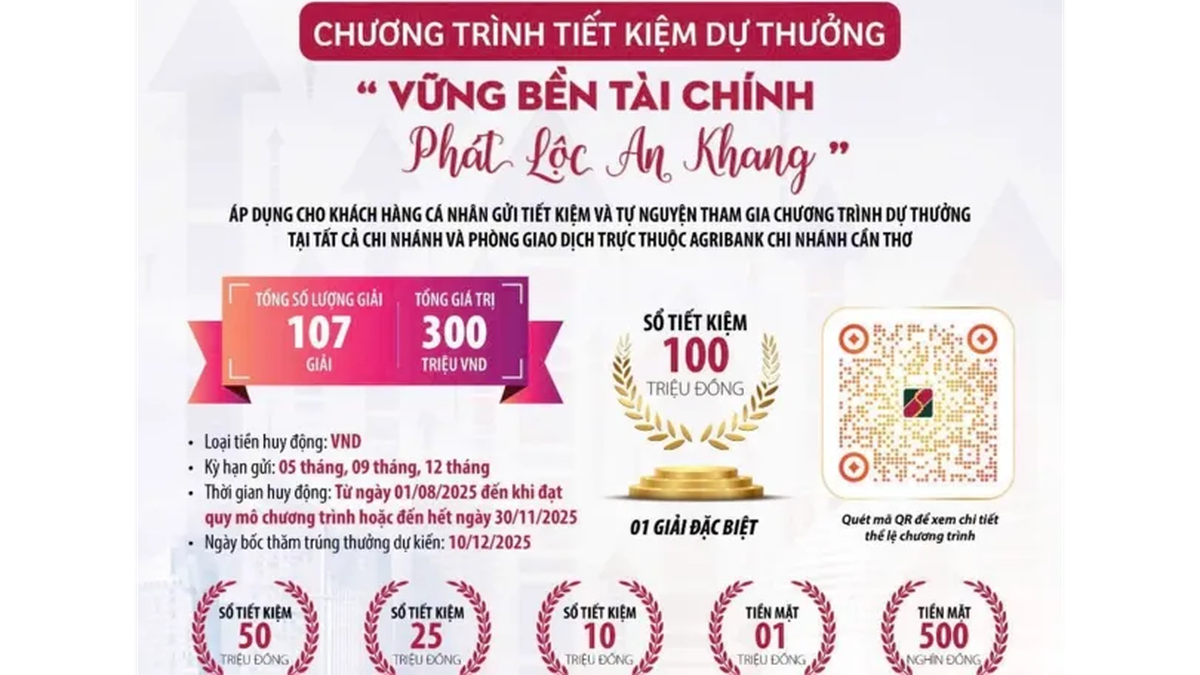
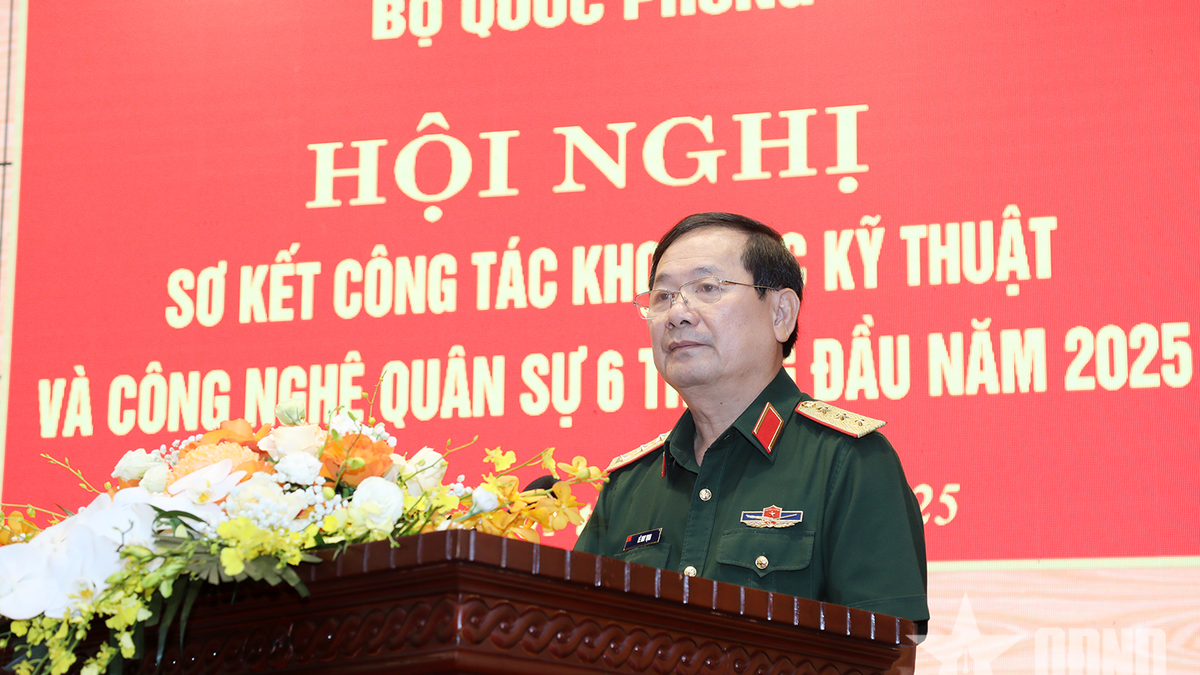
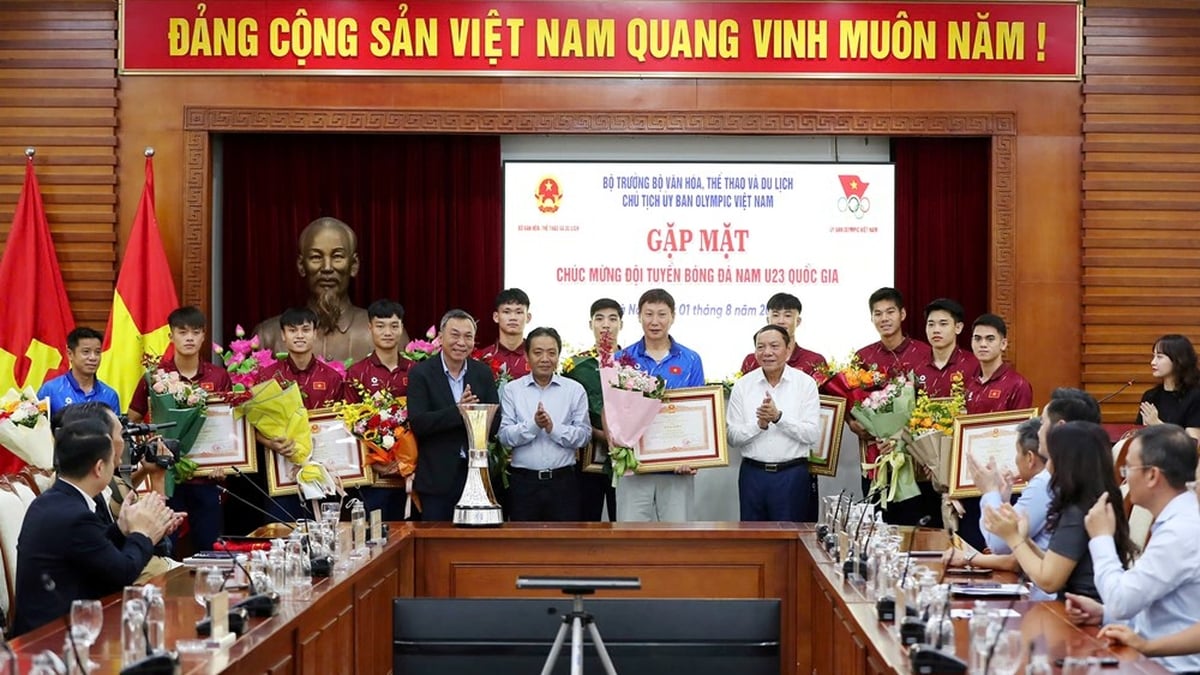
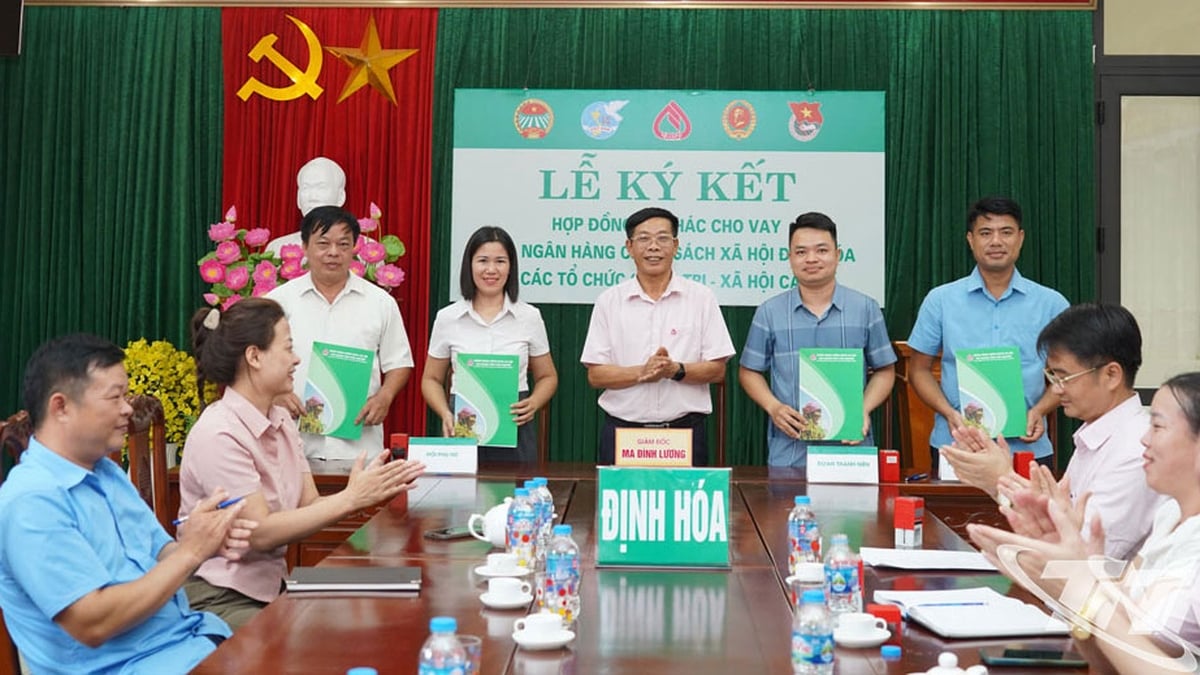
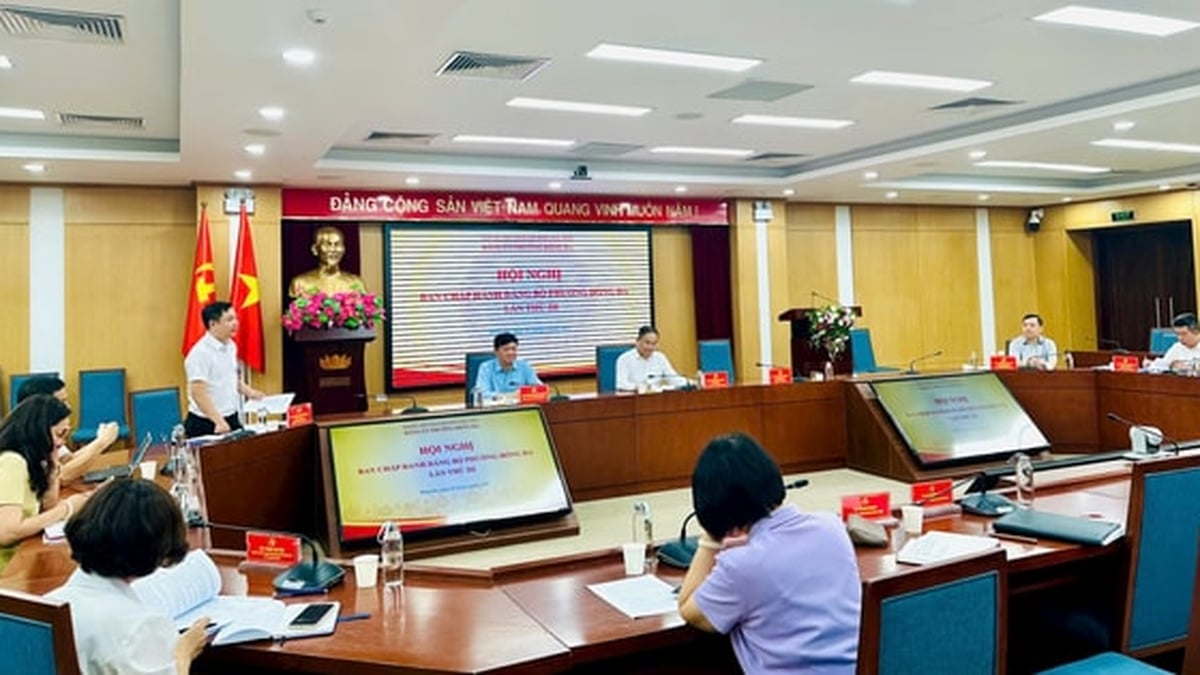
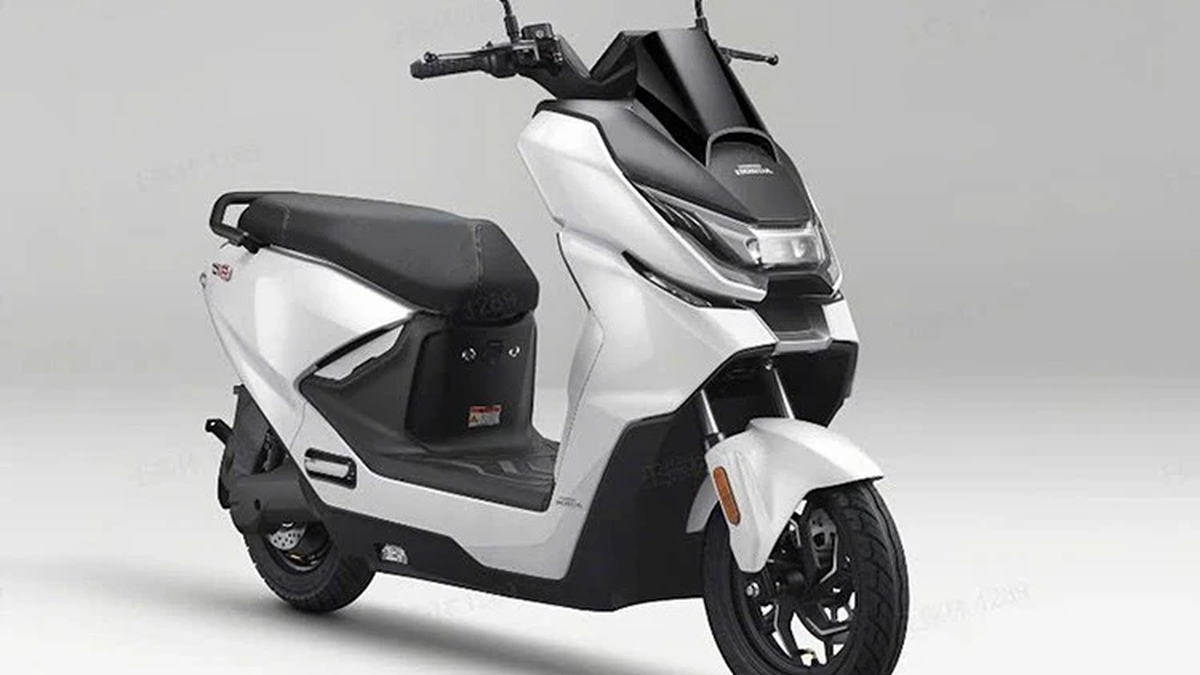
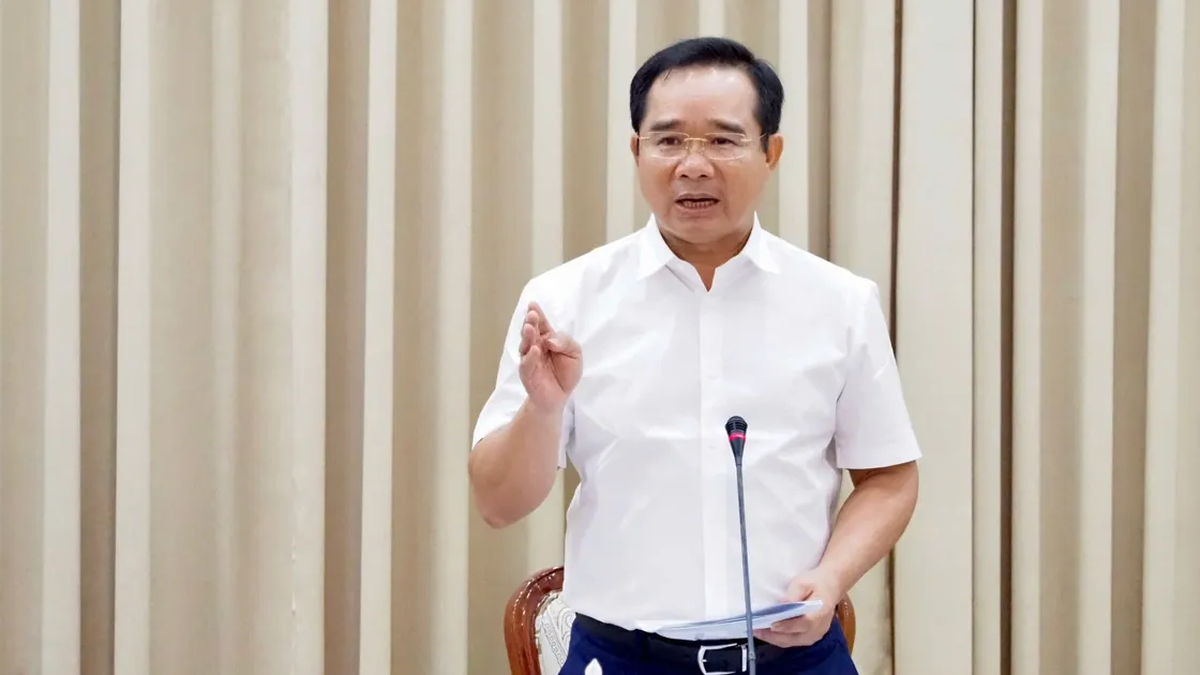







































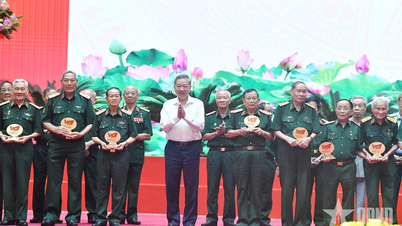

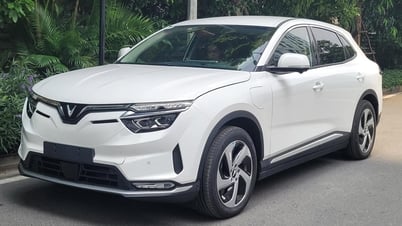



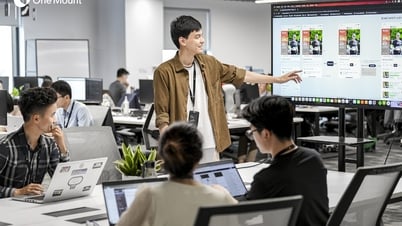



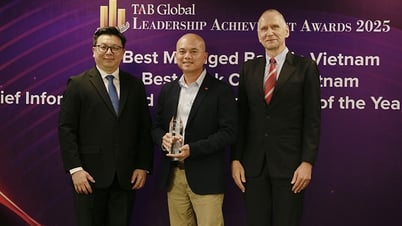


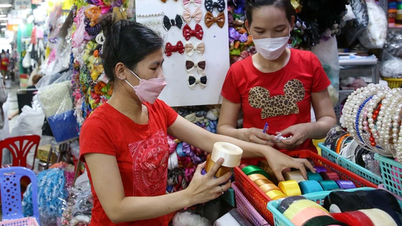

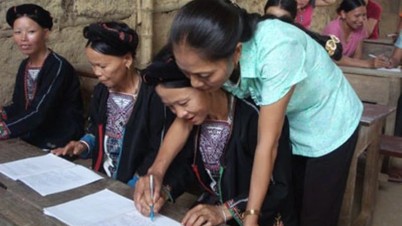



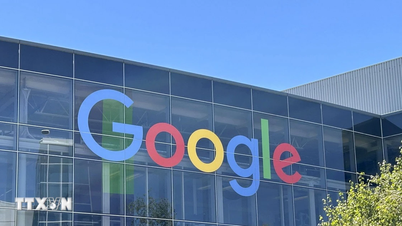



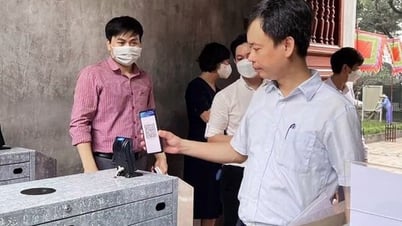
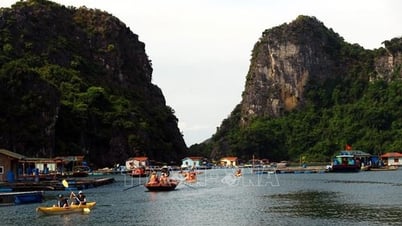


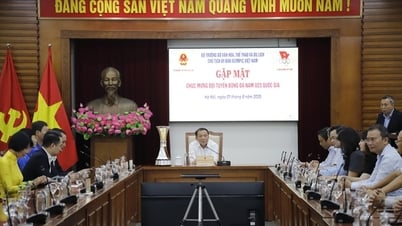
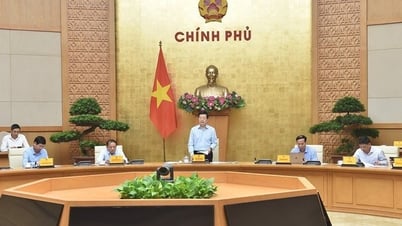















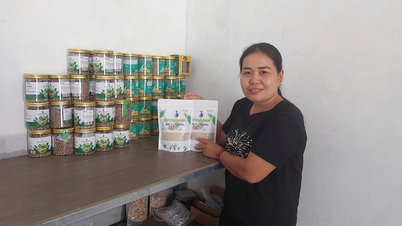



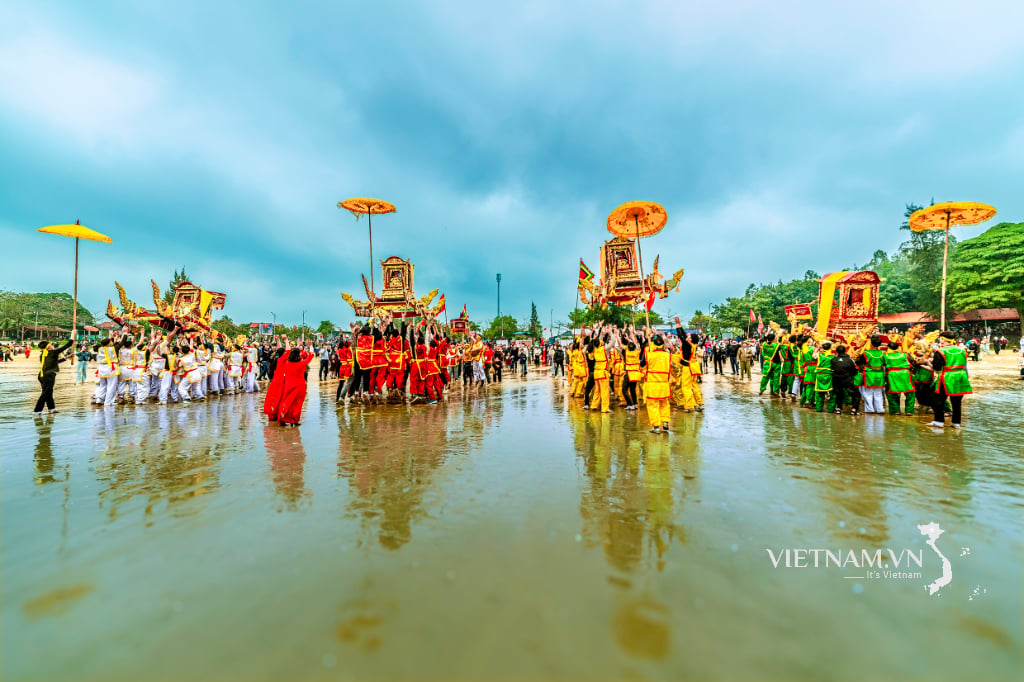
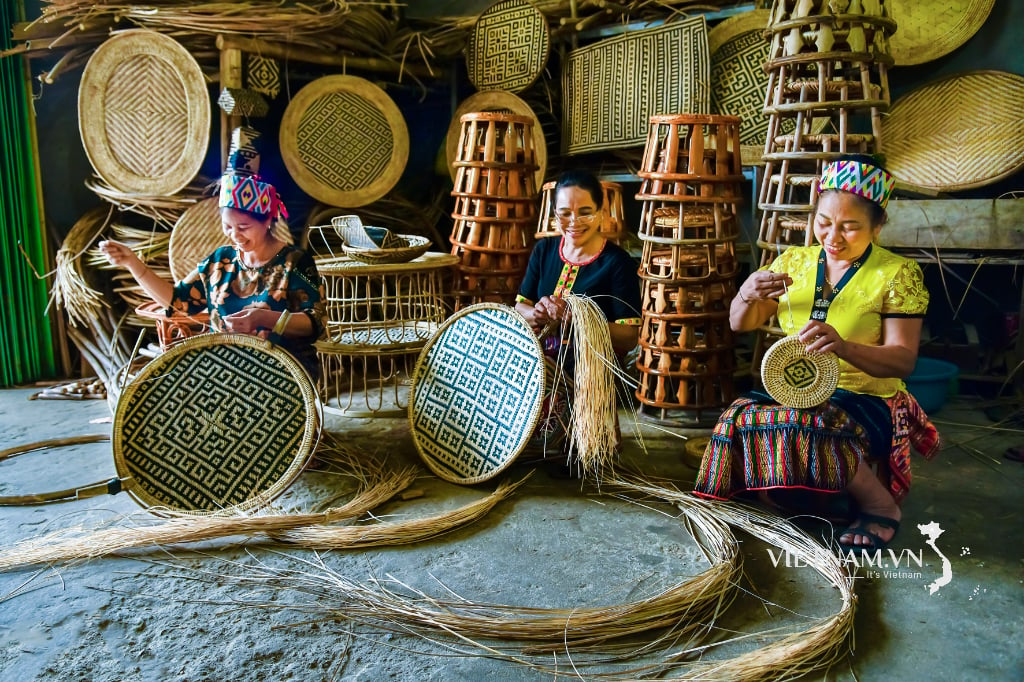
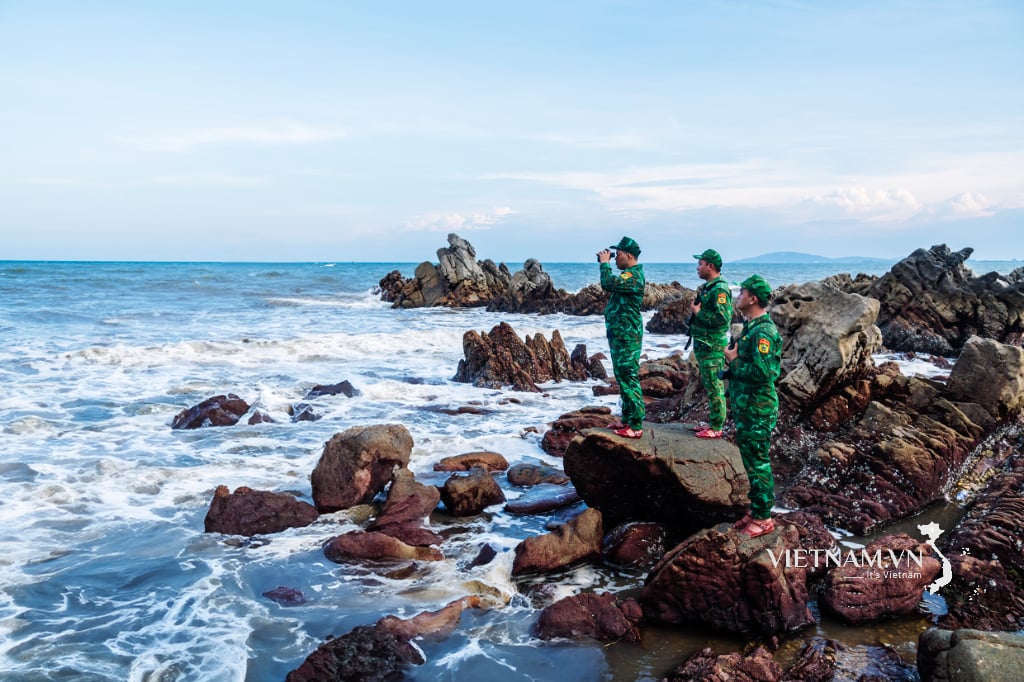
Comment (0)